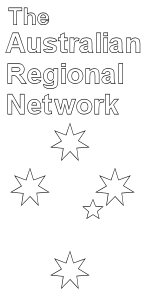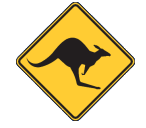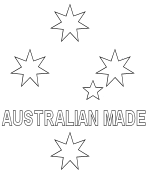Shark Bay Local History
The Local History of Shark Bay, Western Australia
Shark Bay is a region on the west coast of Australia, in the Gascoyne region of Western Australia. The region is known for its stunning beauty, particularly its turquoise waters and white sand beaches, but it also has a rich and fascinating history.
The Indigenous People of Shark Bay
The traditional owners of Shark Bay are the Malgana people, who have lived in the area for tens of thousands of years. The Malgana people have a deep and spiritual connection to the land, sea, and sky of Shark Bay, and their culture and traditions are an integral part of the region's history.
For the Malgana people, Shark Bay was a place of abundance, with a wealth of seafood, including fish, shellfish, and turtles. There were also many varieties of plants, including grasses, eucalypts, and acacias, which provided food, medicine, and materials for tools and clothing.
The Malgana people also had a rich spiritual life, with a complex system of beliefs and rituals that governed all aspects of their lives. They believed in a creator spirit, known as Wagyl, who created the land and sea, and in a range of other spirits, both benevolent and malevolent, who could influence human affairs.
The European Settlement of Shark Bay
The first Europeans to visit Shark Bay were Dutch explorers, who arrived in 1616. They named the bay "Shark Bay" after the many sharks they encountered there.
The next European visitors were British explorers, led by William Dampier, who visited Shark Bay in 1699. They were surprised to find the Malgana people already there, as they had assumed the region was uninhabited.
In 1801, the French explorer Nicolas Baudin visited Shark Bay and named many of the landmarks in the region, including Dirk Hartog Island, which had been named by the Dutch explorer Dirk Hartog in 1616.
The first European settlement in Shark Bay was established in 1850, at the site of the present-day town of Denham. The settlement was originally a pearling camp, but it quickly grew into a thriving town as farmers and graziers moved into the region to take advantage of the fertile land.
The Pearling Industry in Shark Bay
The pearling industry was one of the key economic drivers in Shark Bay in the late 19th and early 20th centuries. Pearling was a dangerous and difficult occupation, and many divers died from the bends or from drowning.
Pearling camps were established around the region, including at Bay of Rest, Useless Loop, and Shell Beach. The camps were often isolated and had a rough and ready character, with a mix of Europeans, Malays, and Aboriginal people living and working together.
The pearling industry declined in Shark Bay in the 1930s, due to a combination of factors, including the Great Depression and the depletion of the pearl-shell beds.
The Conservation of Shark Bay
In 1991, Shark Bay was declared a World Heritage Site by UNESCO, in recognition of its unique natural values, including the seagrass meadows, the stromatolites, and the dugongs that inhabit the bay.
The region is also home to a number of rare and endangered species, including the green turtle, the loggerhead turtle, and the humpback whale.
The conservation of Shark Bay is a key priority for the Western Australian government and for environmental groups. There are many initiatives underway to protect the region's flora and fauna, including programs to control feral animals and reduce pollution, and to promote sustainable tourism.
History of in Shark Bay
Shark Bay is more than just a beautiful and picturesque region on the west coast of Australia. It is a place of deep history, with a rich cultural heritage and a fascinating past.
From the traditional owners, the Malgana people, to the European explorers and settlers, to the pearlers and farmers of the 19th and 20th centuries, to the modern-day conservationists and scientists, Shark Bay has been shaped by many different people and forces.
Today, Shark Bay is a unique and precious ecosystem, and it is up to all of us to ensure that it remains that way for generations to come.


















